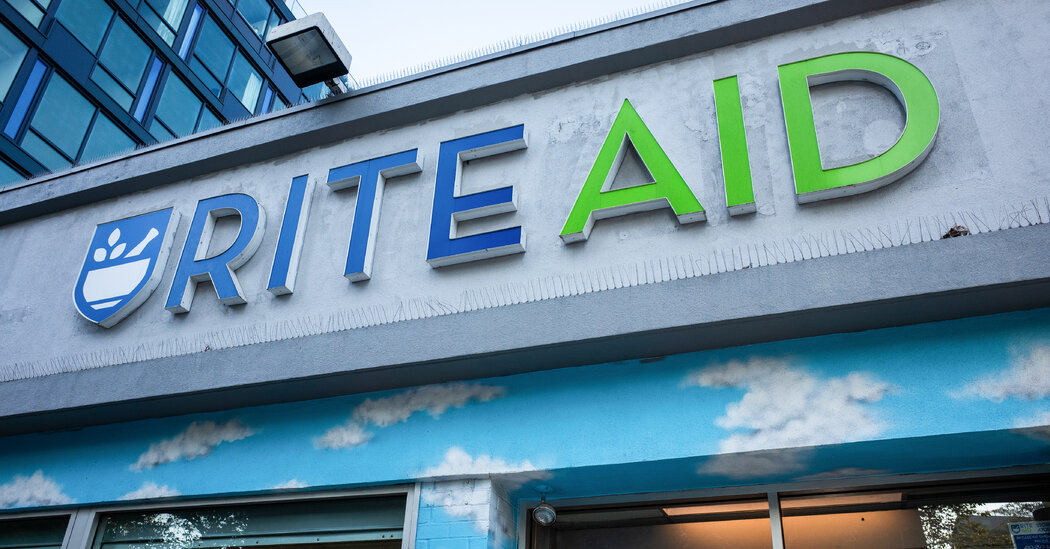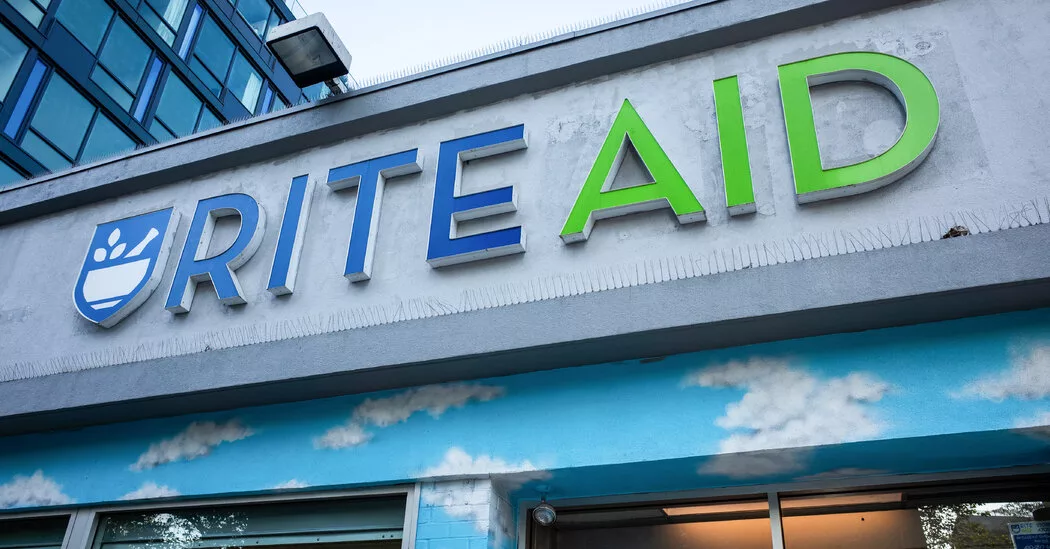
# Congressional Investigation Reveals Privacy Concerns Over Pharmacy Records
A recent congressional investigation has uncovered that the nation’s largest pharmacy chains have been providing prescription records to law enforcement without a warrant, raising significant privacy concerns. The inquiry found that CVS Health, Kroger, and Rite Aid do not require their staff members to consult a lawyer before releasing information requested by law enforcement. On the other hand, Walgreens, Cigna, Optum Rx, Walmart, and Amazon stated that they do require a legal review before honoring such requests.
## Privacy Concerns and Varying Protections
The inquiry, initiated by Senator Ron Wyden of Oregon and Representatives Pramila Jayapal of Washington and Sara Jacobs of California, revealed that many Americans’ prescription records lack meaningful privacy protections. The policies of these pharmacy chains vary widely, depending on which one is used. The lawmakers wrote in a letter to Xavier Becerra, the secretary of health and human services, that pharmacies are legally permitted to inform their customers about government demands for their data, but most do not exercise this right.
## Extent of Requests and Advocacy Efforts
Tens of thousands of legal requests for patients’ pharmacy records are received by these pharmacies annually. However, the majority of these requests are related to civil litigation, according to the letter. In July, nearly 50 Democratic members of Congress wrote to Mr. Becerra, urging the Health and Human Services Department to expand regulations under the Health Insurance Portability and Accountability Act (HIPAA). The proposed regulations would require law enforcement agencies to obtain a warrant to access medical records and mandate patient notification when their records are requested.
## Pressure on Pharmacy Staff and the Need for Stronger Regulations
During the congressional inquiry, CVS, Kroger, and Rite Aid revealed that their pharmacy staff face extreme pressure to immediately respond to law enforcement demands. Consequently, these companies instruct their staff to process those requests in-store. The lawmakers emphasized that Americans’ prescription records are highly private and can reveal sensitive details about a person’s life. They called on the Health and Human Services Department to strengthen HIPAA regulations to align them more closely with individuals’ reasonable expectations of privacy and constitutional principles.
## Responses from Pharmacy Chains
In response to the investigation, a CVS spokeswoman stated that the company’s processes are consistent with HIPAA, and its pharmacy teams are trained to appropriately respond to lawful requests. CVS has also suggested considering a warrant or judge-issued subpoena requirement and expressed willingness to work with Congress to enhance patient privacy protections. The Health and Human Services Department has already taken steps to protect data involving reproductive health by proposing a rule that would prevent health care providers and insurers from disclosing information related to legal abortions to state officials seeking prosecution.
## Complexities and Misconceptions Surrounding HIPAA
Michelle Mello, a professor of law and health policy at Stanford, noted that requiring a warrant instead of a subpoena for the release of pharmacy records may not completely address privacy concerns. She also mentioned that patient notification about record disclosures would likely occur after the fact. Professor Mello acknowledged the importance of keeping most pharmacy records private but highlighted the complexity of targeting pharmacy employees who could face contempt of court for not complying with law enforcement demands. She emphasized that there is a misconception about the broad protection offered by HIPAA, as it was not designed to enable health care providers to resist attempts to enforce laws impacting patients negatively.
As concerns over privacy continue to grow, it is crucial for regulatory bodies and pharmacy chains to work together to establish stronger safeguards for patients’ prescription records. By aligning regulations with individuals’ expectations of privacy and constitutional principles, the nation can ensure that sensitive medical information remains protected.


